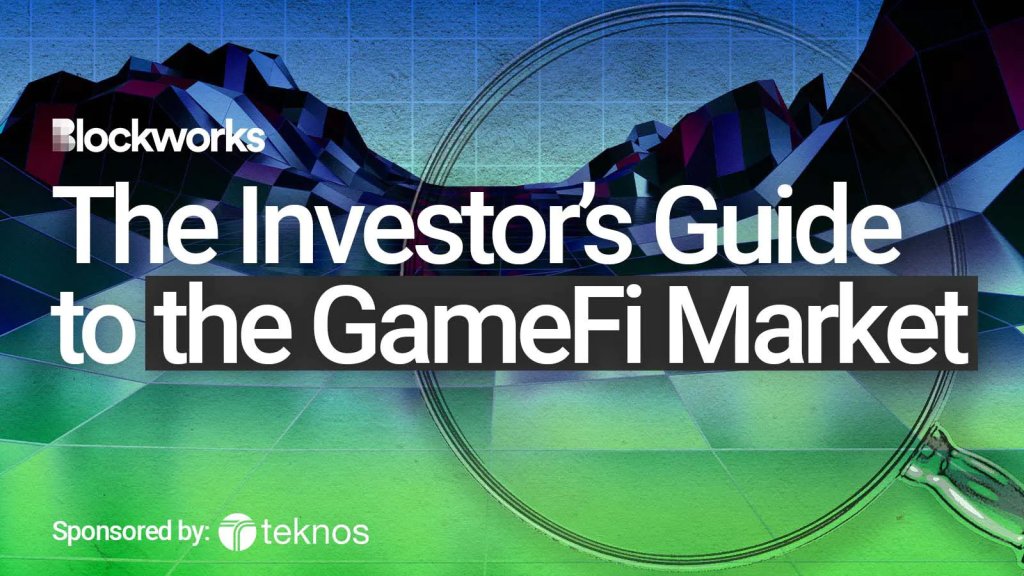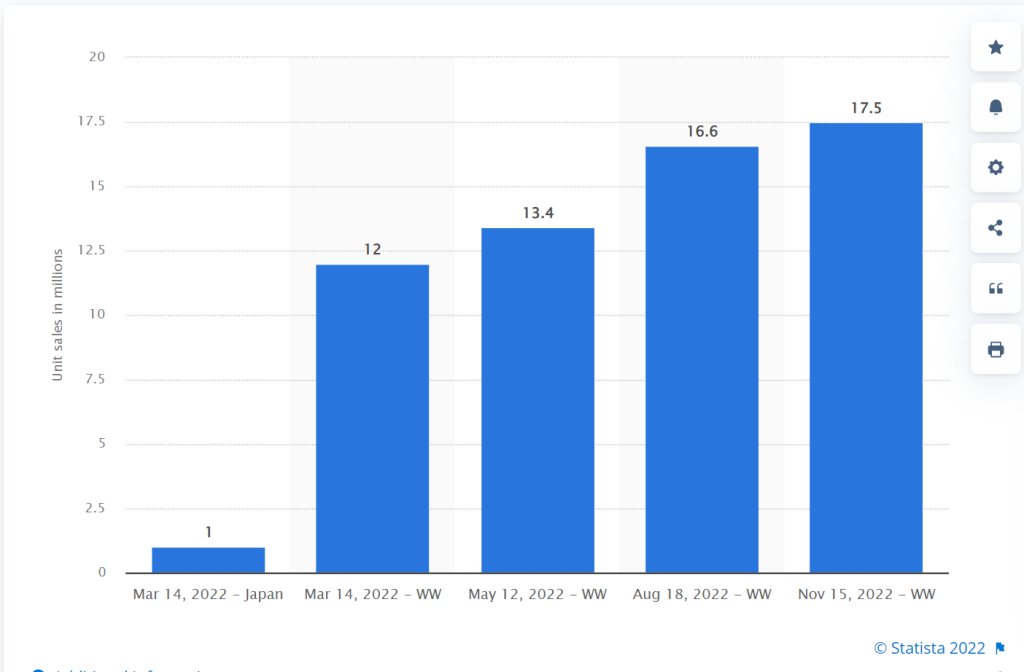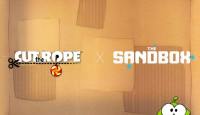
The GameFi market had a challenging 2022. Popular games such as Axie Infinity and Crypto Blades saw floor prices for their NFTs drop significantly, and a bold move by Ubisoft to integrate NFTs into its games proved unsuccessful and revealed a deep skepticism toward the early GameFi model.
It is clear at this point that the ecosystem is moving toward better gameplay and abandoning the speculative elements that made GameFi 1.0 appealing. Yet investors may find it hard to decipher the types of games and experiences that will drive the industry forward.
Teknos Associates noticed through conversations with key stakeholders in the space that amidst the challenges, there are several lucrative opportunities in the blockchain gaming market. They believe the next 18-24 months is shaping up to be an exciting time for the next evolution of blockchain gaming, so we sat down with their team to learn more about the opportunities and trends to look for in the GameFi market in the coming year.
Indie Web3 games that push the boundaries of Web2 gaming trends
The move toward immersive gameplay will see Web3 gaming studios develop titles that match trending genres in the Web2 world. Soulslike games and MMO games top the list of popular gaming genres that will hit the Web3 scene this year.
Soulslike games
“Soulslike” is a subgenre of action RPG that is inspired by the mechanics of the Demon Souls game and its spiritual successor, the Dark Souls series (both made by FromSoftware). These games are known for their high difficulty, skill-based combat systems, and environmental storytelling — typically set in a dark fantasy setting.
The popularity of Soulslike games such as Elden Ring and hype around the Soulslike gameplay of the new Star Wars Jedi: Survivor and The Lords of The Fallen show the natural appeal of these games. Elden Ring reached an all-time high of nearly one million concurrent players a month after its release in February 2022. Although the number of concurrent players has declined since then, the game tops the sales chart for Soulslike titles with over 17.5 million copies sold.

Elden Ring Lifetime Sales | Source: Statista
Teknos Associates predicts that the increased popularity of Soulslike games will translate into GameFi and help onboard new gamers to the ecosystem. Web3 games like The Fabled aim to push the boundaries of the Soulslike subgenre by providing mainstream-level gameplay, with improved graphics and a more visually appealing art style. Game developers are now able to express themselves more effectively through environmental storytelling with better graphics, as The Fabled looks much different and better than games like Axie Infinity.
It will be interesting to observe how blockchain technology expands the gameplay of Soulslike games by introducing a new complexity of ownership to the limited supply of assets prominent in these games. For instance, gamers can rely on blockchain’s transparency to monitor the circulation of the fixed asset’s supply or exchange them for real value at any stage of gameplay.
MMO games
Massively Multiplayer Online (MMO) games continue to be one of the most popular styles of games. An estimated 2 million to 4 million players play Fortnite daily, underlining how the “last-man-standing” themed genre resonates with mainstream gamers.
Although Web3 gaming studios are yet to crack MMOs, they have made significant progress. Illuvium is a promising Web3 RPG (self-styling as an “Interoperable Blockchain Game”) with a multifaceted approach to gameplay, giving players a variety of ways to interact with the world. One of these gameplay modes includes an autobattler component which should help it stand out in a field that will only get more crowded. Many expect Illuvium’s battle arena and immersive world to push the boundaries of the gaming genre, and their $72 million raise from selling virtual land in its gaming environment highlights public interest ahead of a full release in 2023.
Other MMO’s like the space-conquest game Dark Forest are raising the bar for blockchain gaming by implementing fully on-chain gameplay and new-age technologies such as zero-knowledge proofs (ZKPs). The latter allows players to execute some legitimate secret gameplay moves not visible to other players. Such privacy-focused implementations will undoubtedly prove crucial to the success of Web3 games, especially in a world where older gamers are increasingly concerned about their online privacy.
A better metaverse and social layer
There is a growing need for the GameFi industry to develop a robust metaverse and social layer for communities. Ubisoft’s below-par NFT integration brought the need for such systems to the limelight. Like most GameFi 1.0 projects, Ubisoft only offered secondary NFT sales as the prime value for its in-game assets.
The next iteration of Web3 games will thrive by building social layers or immersive environments that give in-game NFTs greater purpose and utility outside the marketplace. First-generation metaverse games such as Decentraland and Sandbox already boast healthy secondary economies underpinned by their social and immersive interactive layers. Data reveals that user growth in Decentraland is becoming less correlated with price, signaling that users are becoming more attracted to the inherent value of the gameplay and open-source development.
The missing puzzle for GameFi is the release of cutting-edge indie games that could challenge mainstream AAA games and attract a wider audience. The coming year will likely see such a milestone, with most AAA blockchain games like Big Time and Guild of Guardians now in their latter development stage.
Another approach to solving the social layer challenge is adopting a hybrid model in which popular gaming franchises offer an outlet for blockchain gamers to spend in-game assets. In Q3 2022, leading metaverse company Roblox teased a Web3 integration that could provide such a channel for gamers. With other game developers like InfiniteWorld acquiring an independent gaming studio to fuel their Web3 ambitions, it could also be a matter of time until such hybrid models come to fruition.
GameFi industry lined up for a big 2023
The GameFi industry looks primed to implement the lessons from the past year to build a robust ecosystem for gamers. The natural progression toward immersive Web3 gameplay and sustainable social layers present exciting opportunities that would drive the industry closer to mainstream adoption. Teknos Associates eyes another massive year of progress for GameFi and a giant leap toward onboarding its first billion gamers.








